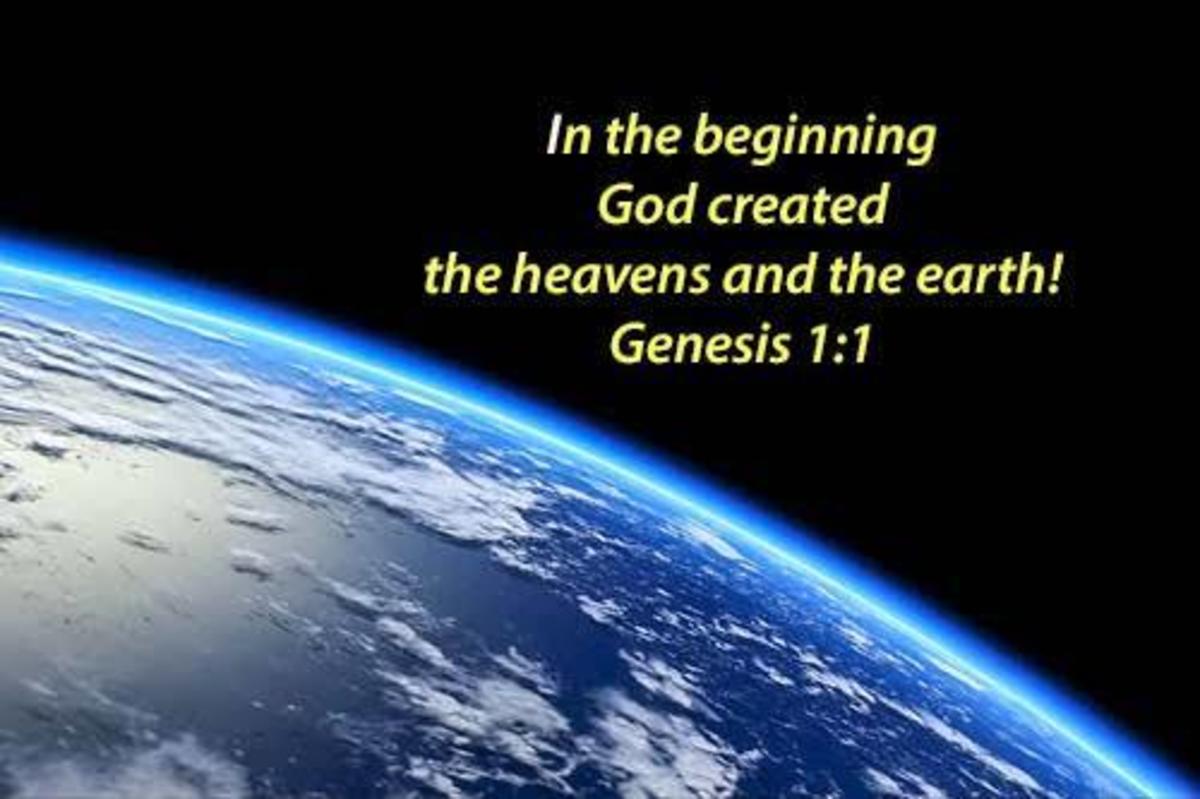The teachings of the Bahá’í Faith elucidate a profound understanding of the relationship between humankind and the Creator, characterized by an overwhelming love that can best be described as the greatest love story ever told. This spiritual narrative encompasses not only the adoration that individuals hold for their Creator but also the reciprocated love that the Creator reveals towards humanity; a compelling dynamic that invites deep contemplation and observation.
At the core of Bahá’í teachings lies the principle of divine love, which positions the Creator not as a distant entity, but rather as an ever-present source of affection and compassion. This intimate portrayal dispels the notion of a disengaged deity and refines it to reveal a sublime connection that yearns for communion with humanity. The recognition of this fundamental aspect fosters a sense of belonging; individuals come to understand that they are deeply cherished and significant in the grand tapestry of existence.
This relationship can be traced through the essence of Bahá’u’lláh’s writings, wherein He articulates the importance of love as a guiding force. The love of the Creator transcends time and space, encapsulating the entirety of creation. It speaks to the heart’s innate longing for acceptance and connection. In delving into the concept of divine love, individuals often wonder: how can an abstract, omnipotent being express such tailored love for each and every soul? The answer lies in the omnipresent essence of the Creator, which pervades every aspect of existence.
Bahá’í teachings introduce the notion of God’s qualities manifesting through creation as a means of divine engagement. As Bahá’ís, it is understood that everything from the beauty of nature to the intricacies of human relationships echoes the characteristics of the Creator. This intrinsic connection imbues one’s life with meaning, as individuals begin to grasp that they are reflections of divine attributes. Through this lens, one can appreciate that acts of kindness, compassion, and empathy are not merely social modalities but rather reflections of the love that originates from the Creator.
Moreover, the idea of divine love encapsulates the embrace of unity among all people. In a world rife with division, Bahá’í teachings emphasize that every soul is worthy of love and dignity, stemming from a singular Creator. This unfolds the moral imperative to extend love beyond boundaries, cultivating a universal kinship. Observing the injustices that pervade society often prompts a profound reflection on the capacity of love for transformation. As Bahá’í writings articulate, genuine love has the power to catalyze change, encouraging the dismantling of barriers that prevent the realization of a collective identity.
An intriguing consideration arises from the observer’s quest to comprehend the depths of divine love. It is illuminating to recognize that such an immense love is not solely a passive endowment but an active invitation to engage. The Creator longs for a reciprocal relationship, one that flourishes through acknowledgment, appreciation, and spiritual striving. The laws and principles revealed through the manifestations of God serve as pathways to deepen one’s understanding and connection to the Creator. Each teaching acts as a guide, leading individuals towards an enhanced spiritual consciousness.
As individuals endeavor to cultivate a relationship with the Creator, there exists an innate desire to comprehend one’s purpose in life. This exploration is often marked by existential questions: Why are we here? What is our role in this vast universe? The response provided by Bahá’í teachings is that humanity’s greatest purpose is to foster this love—a love that bridges the gap between one’s self and the divine. In pursuing this relationship, one benefits from personal growth, enlightenment, and ultimately fulfills the call to service. The act of serving others is viewed not merely as altruism but rather as an extension of the Divine Love manifested through human action.
Yet, despite the universal nature of this love story, it is not uncommon for individuals to experience feelings of alienation or separation from the divine. This common observation reflects a deeper malaise about humanity’s quest for connection. In times of darkness, the love of the Creator appears obscured, leading to an existential crisis; however, Bahá’í teachings remind individuals that this estrangement often arises from one’s distance from spiritual principles, rather than from the Creator’s love itself. Breath-takingly, the process of seeking forgiveness and reinstating connection can become a transformative journey that rekindles the flame of love within.
In understanding this divine relationship, one cannot overlook the significance of prayer and meditation as tools for experiencing the tangible essence of love. Through these practices, a direct line of communication with the Creator is established, offering solace, clarity, and wisdom. Engaging in prayer not only serves as an invocation of love, but also as an avenue of self-reflection and humility. This exploration of spirituality nurtures the soul, opening the heart to receive divine love and support.
Ultimately, the greatest love story unfolds within the consciousness of each individual. It represents a journey towards understanding, embracing, and ultimately embodying the love of the Creator. The invitation is clear: to recognize that we are loved unconditionally and that this love propels us to extend love to others. In doing so, humanity can weave a narrative of unity and shared purpose, embodying the teachings of Bahá’í that affirm the interconnectedness of all existence. By embracing this truth, individuals can ascend the peaks of spiritual significance, fostering a world where love reigns supreme, illuminating the path towards collective transcendence.
